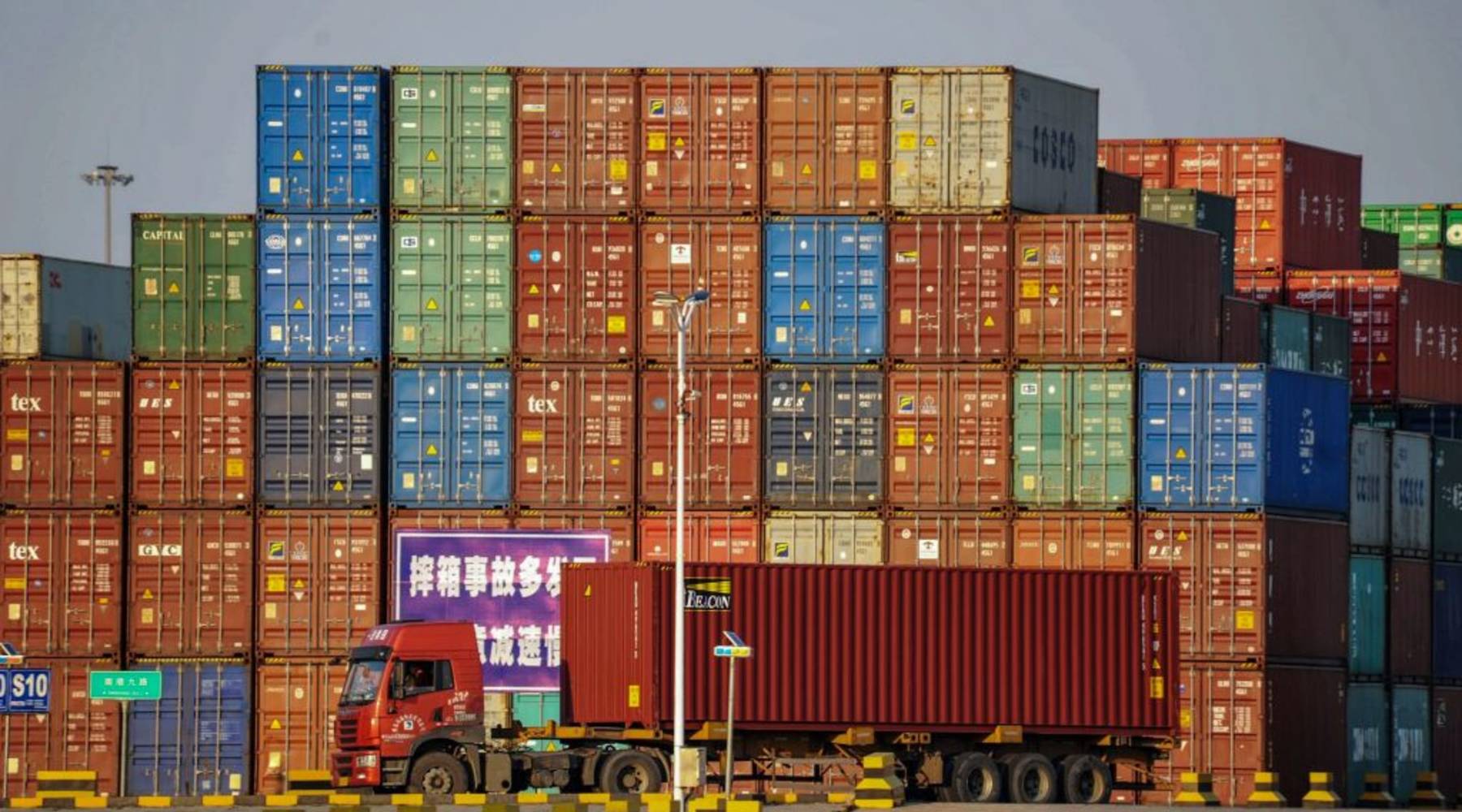
Stephen Moore talks trade and Trump’s economics

How is “Trumponomics” distinct from “Bushonomics,” “Reaganomics” or conservative orthodoxy in general? One person who’s offered advice on this topic to President Donald Trump face- to-face is Stephen Moore, a visiting fellow at the Heritage Foundation, a conservative think tank. Along with economist Arthur Laffer, who is known as the father of Reagan-style supply-side economics, Moore has just come out with a new book, “Trumponomics: Inside the America First Plan to Revive Our Economy.”
Moore spoke with Marketplace Morning Report’s David Brancaccio about the trade war and how the economy is being shaped under Trump’s administration. Below is an edited transcript of their conversation.
David Brancaccio: The recent GDP report had this exuberance from consumers recorded, but it also talked about some businesses reining in their investment plans. Some people are drawing a line from that to the trade war. Is the trade war going the way you would have designed?
Stephen Moore: If you had asked me, six months or a year from now, how is the trade war going, I’d say very poorly, I’m very nervous about this, but I have to say this, Donald Trump always said to us, “Look I believe in free trade, but I want a level playing field, I want to make sure these other countries are playing by the rules.” And, you know, I started looking at the data and I said well what is he talking about. And it turns out Trump had a point. The United States has lower tariffs than a lot of these other countries that we have trade agreements with. And he just basically said “let’s have a situation where it’s a level playing field.” Now is it a risky strategy? It is. I do think he’s got a good deal now with Canada, Mexico and then of course it all comes down to this big, big fight we’re going to have with China. And as a free trader, I find myself in total agreement with Donald Trump that we can no longer live in the status quo. You know, he basically said in the Rose Garden ceremony a week and a half or two weeks ago, “I am using the threat of tariffs to try to get other countries to lower their tariffs.” What I disagree with strongly is I think a very, very counterproductive policy has been these steel tariffs and the aluminum tariffs.
Brancaccio: The ones that are sometimes applied to traditional allies of America.
Moore: That’s right. Well it’s not just that. I mean my problem with those steel and auto tariffs is they’re not even creating the blue-collar jobs that Donald Trump wants. It’s really negatively affected American business. And so for every steel job that we’re saving we’re probably losing four or five jobs in other factories.
Brancaccio: You emphasize in the book that you regard the president as a free trader.
Moore: He does. You know the final conclusion of our book is that the irony of Donald Trump’s presidency could be that if he actually wins with Europe, if he wins with Korea, if he wins which Japan trade deals and then the ultimate prize winning a much better trade deal with China that would actually lead to lower trade barriers and Donald Trump could go down in history as one of the great champions of free trade.
Brancaccio: I don’t get in to see the president but from the outside looking in you can imagine there’s another voice in his head, a countervailing voice talking about America First that may eclipse the free trader.
Moore: That’s true. I’ve always said that when it comes to trade Donald Trump has an angel on one shoulder and a devil on the other.
Moore also discussed tax reform, and that part of the conversation can be found in the Marketplace Morning Report podcast feed or here.
There’s a lot happening in the world. Through it all, Marketplace is here for you.
You rely on Marketplace to break down the world’s events and tell you how it affects you in a fact-based, approachable way. We rely on your financial support to keep making that possible.
Your donation today powers the independent journalism that you rely on. For just $5/month, you can help sustain Marketplace so we can keep reporting on the things that matter to you.


















